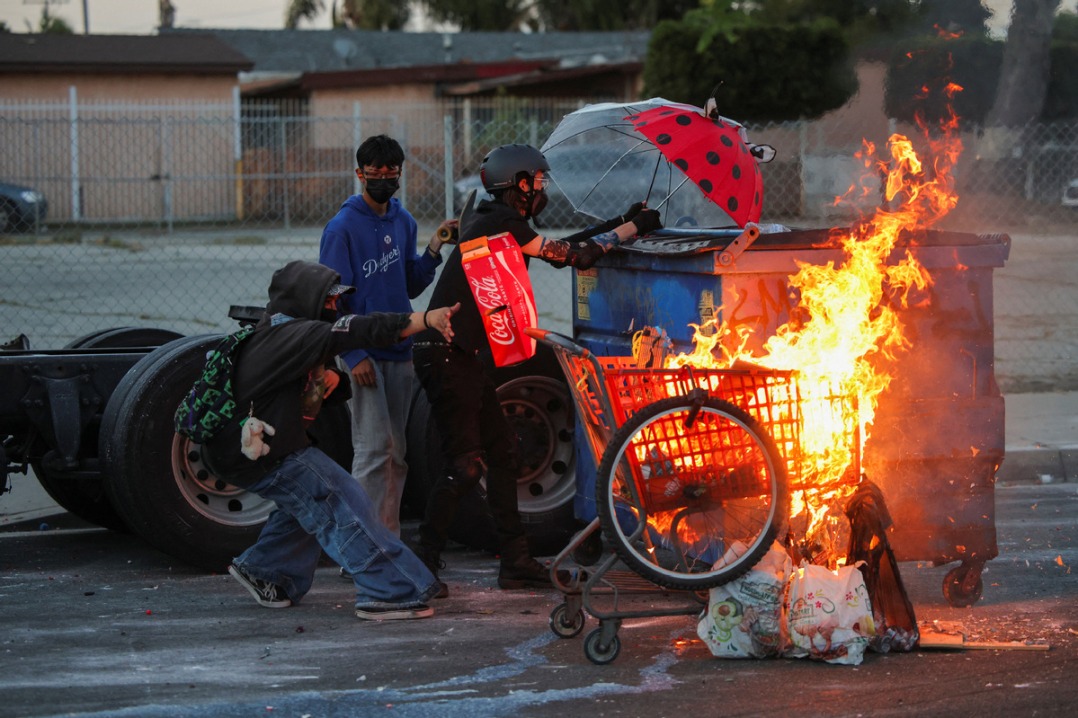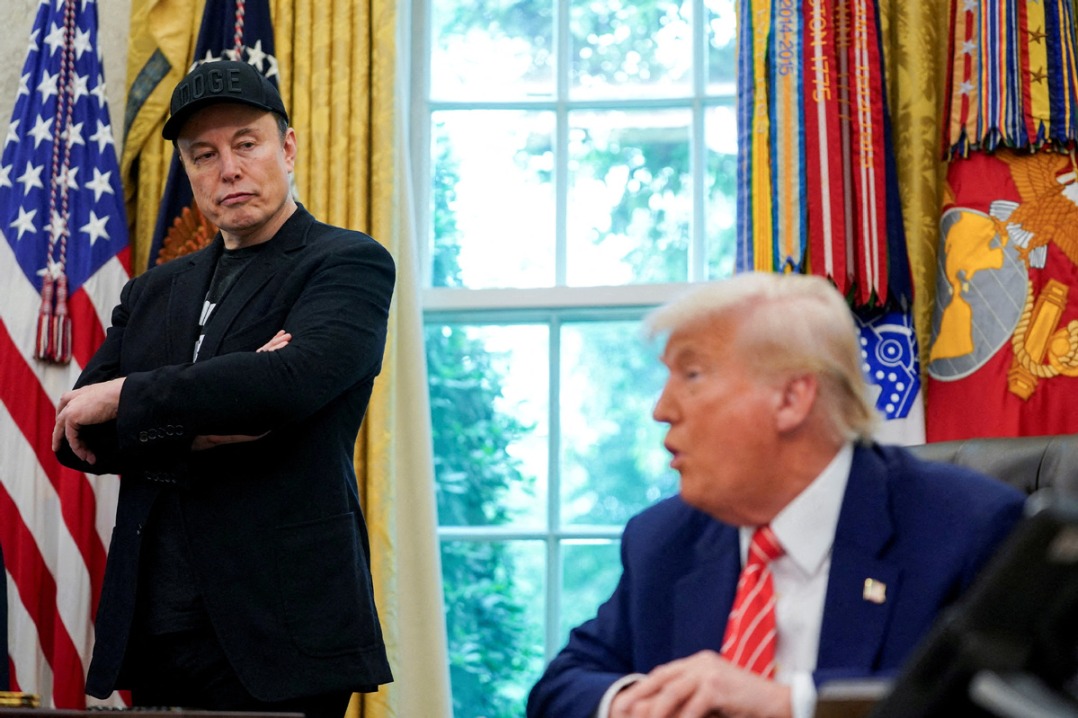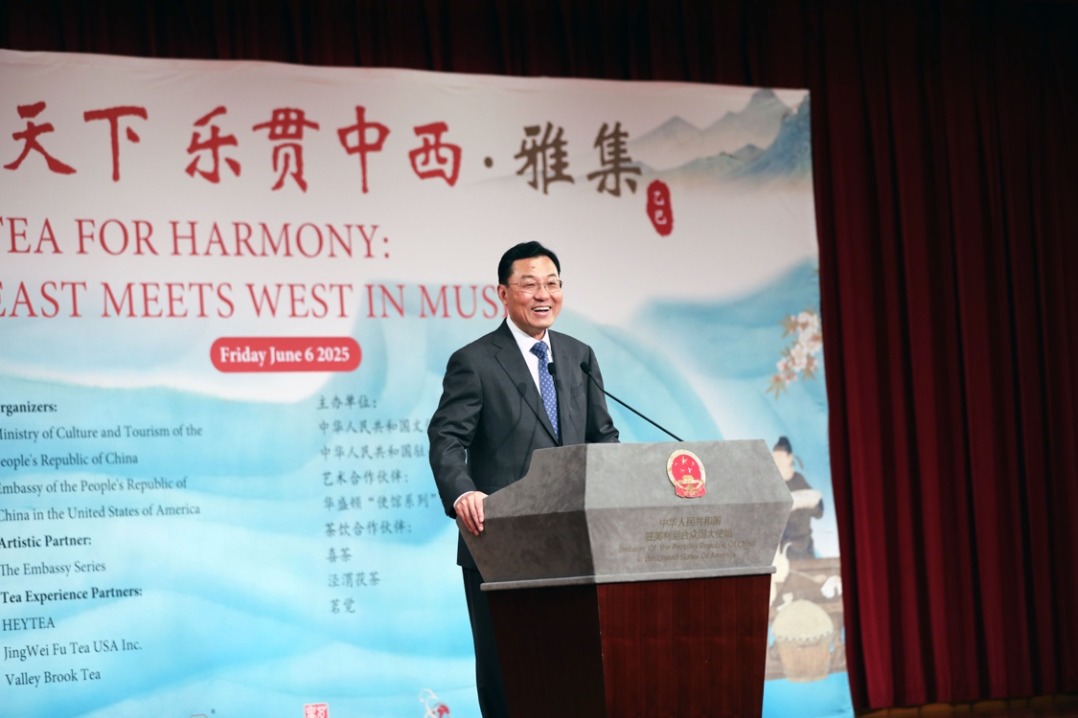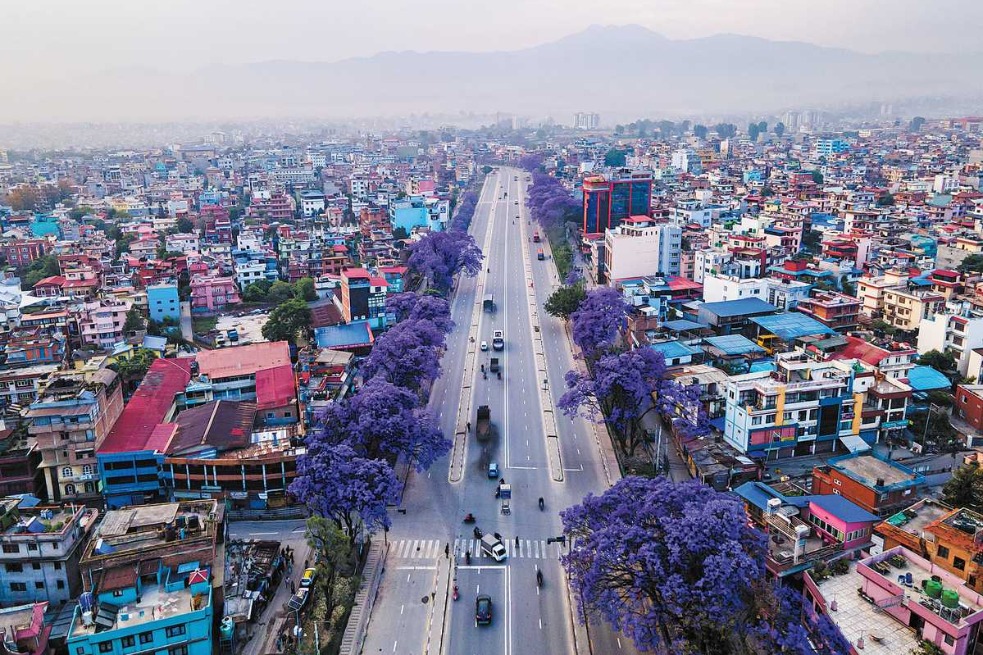Iran calls for unity of Islamic nations

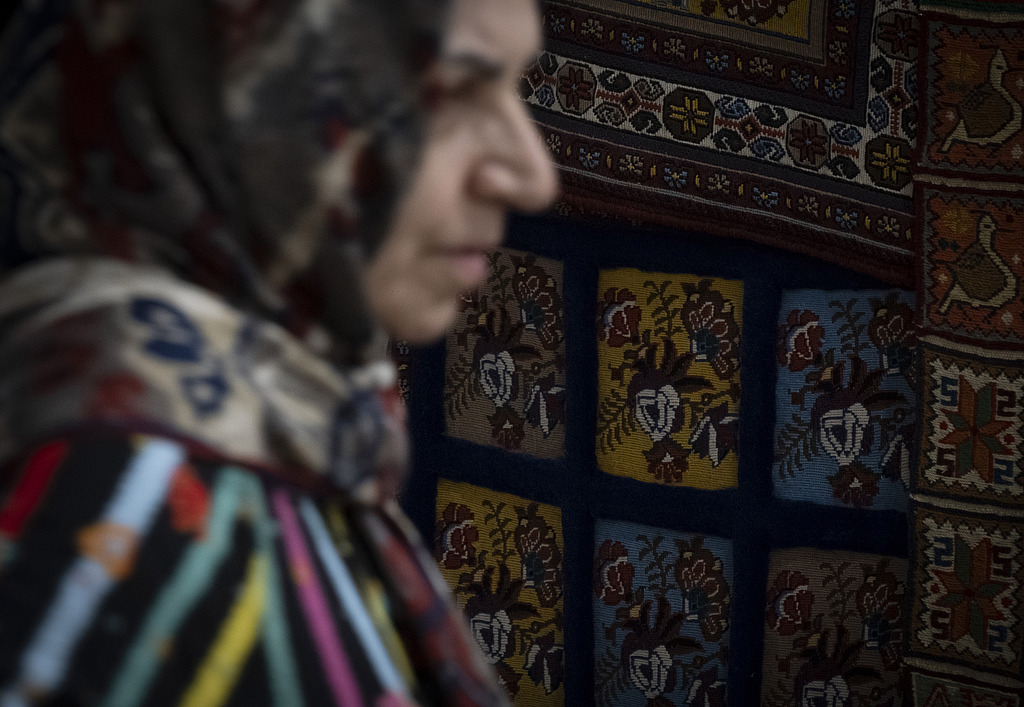
Iranian leaders have called for solidarity among all Islamic nations to support the Palestinian cause and own development, while President Masoud Pezeshkian talked with multiple heads of state and congratulated the leaders and people of other Islamic nations on the festival of Eid al-Adh.
Iranian Supreme Leader Ayatollah Seyyed Ali Khamenei, in his annual Hajj message on Thursday, urged Islamic governments to seize the opportunity and take action for Palestine, noting Israel has taken the tragedy in Gaza "to an unbelievable level".
"Palestinian children are now being killed not only by bombs, bullets, and missiles, but also by thirst and starvation," he was quoted as saying by the Islamic Republic News Agency or IRNA.
The Supreme Leader called on the Islamic governments to act on this horrendous situation in the Gaza Strip, cautioning that differing political opinions should not stop them from defending the most oppressed people in the world today.
During a phone conversation with Saudi Arabia's Crown Prince and Prime Minister Mohammed bin Salman Al Saud on Thursday, Pezeshkian emphasized the importance of developing fraternal relations between Iran and Saudi Arabia, and voiced Iran's commitment to enhancing cooperation across all sectors to achieve shared interests within the Islamic community, while promoting peace, security, and well-being for Muslim nations, IRNA reported.
Exchanging congratulations on the occasion of Eid Al-Adha with the Saudi Crown Prince, Pazeshkian expressed gratitude to the Kingdom for its tireless efforts and the distinguished services provided to pilgrims, the official Saudi Press Agency reported.
According to the Saudi General Authority for Statistics, 1,673,230 pilgrims are performing Hajj this year, with some 1,506,576 coming from outside the Kingdom for one of the world's largest gatherings.
The Crown Prince characterized the strengthening of Tehran-Riyadh relations as "highly significant and valuable", emphasizing that such enhanced bilateral ties would yield benefits extending beyond the two nations to the entire Muslim world, IRNA reported.
Also on Thursday Pezeshkian and Egyptian President Abdel Fattah El-Sis talked about deepening bilateral relations and stressed the need to strengthen the unity of all Islamic nations, according to IRNA.
Pezeshkian said that Muslims must exchange experiences, leverage shared capacities, and pursue development-oriented synergy of constructive interactions on the international stage. El-Sisi, emphasizing Egypt's determination to strengthen brotherly relations with Iran and other Islamic countries, exchanged views that Muslim countries can take further steps toward enhancing peace and combating evil acts, including against "the oppressed people of Gaza".
Iran maintains ties with key Palestinian factions while Egypt plays the principal role in mediation. "Coordination between the two is becoming increasingly vital", political affairs observer Abdellatif El-Menawy wrote on Thursday in Riyadh-based Arab News.
Direct engagement with Tehran could be a key to stabilizing one of Egypt's most vital economic arteries, El-Menawy said. Egypt, in the midst of its own economic hardship, could benefit from Iranian energy and expanded trade, assuming restrictions on Iran are eased, while under Western sanctions, Iran is searching for new trade partners.
Pezeshkian and his Tunisian counterpart, Kais Saied, in a telephone conversation, also stressed the need to enhance unity among the Islamic countries, support the Palestinian cause and condemn crimes committed against Gazans. The Tunisian president highlighted the plight of the defenseless people of Palestine.
Also in their phone conversation on Thursday, Pezeshkian and Malaysian Prime Minister Anwar Ibrahim reaffirmed their support for Palestine. Pezeshkian urged Muslim nations and governments to raise their voices in international organizations to reflect the suffering of the people of Gaza, who he said are facing "some of history's most brutal crimes".
Ibrahim said Malaysia would spare no effort in working to restore peace and security to the oppressed people of Gaza.
Pezeshkian also talked about bilateral and regional issues with Tajik President Emomali Rahmon, Uzbek President Shavkat Mirziyoyev, Turkmen President Serdar Berdimuhamedow, and President Kassym-Jomart Tokayev of Kazakhstan.
Earlier, he shared ideas with other heads of state, including Sultan Haitham bin Tariq of Oman, Emir of Qatar Tamim bin Hamad Al Thani and Emir of Kuwait Mishal Al-Ahmad Al-Jaber Al-Sabah, among others.
















